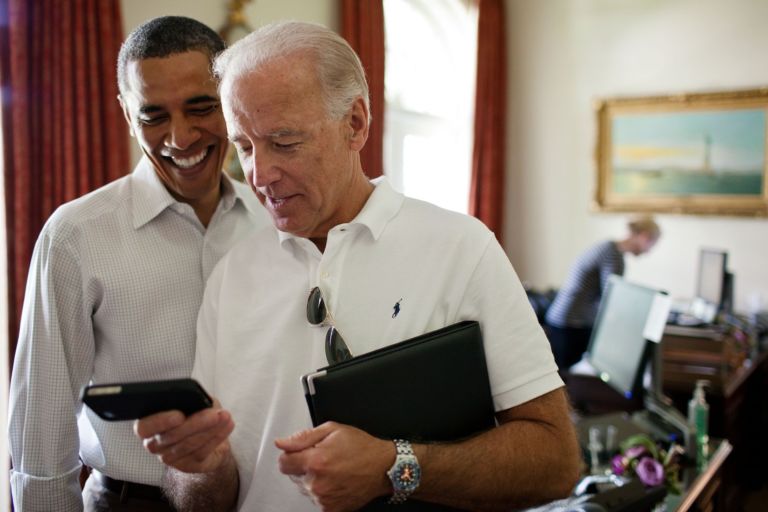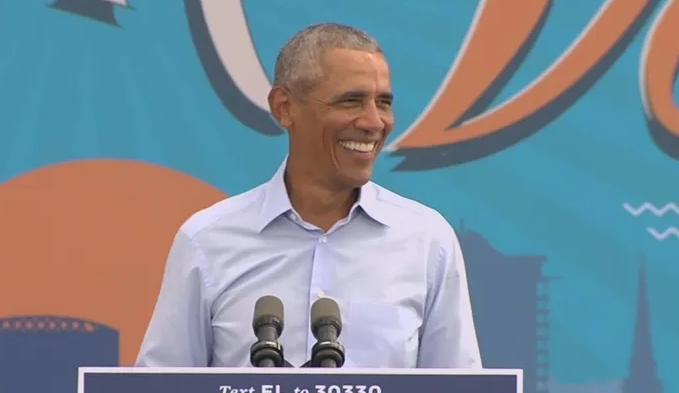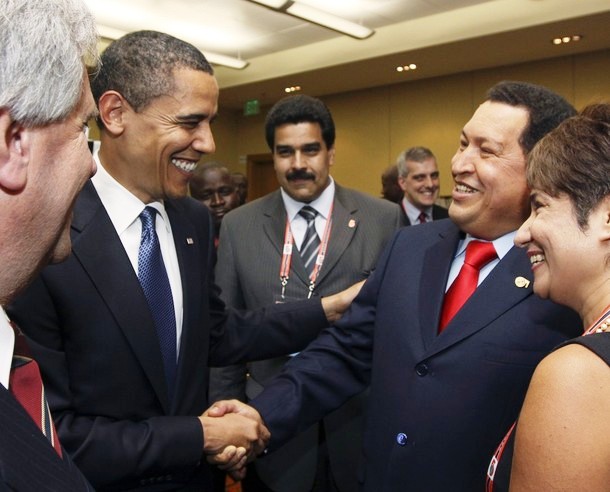In a Forbes op-ed, Kyle Smith, who is a film critic and current-affairs columnist for The New York Post, imagines what a Krugman/Obama business venture would look like. Smith writes,
We’ll begin from scratch. What kind of business shall we launch? Clearly it should be domestic manufacturing, because our goal is to create lots of jobs for the middle and working classes. Our company can’t be something hollow like Apple or Nike, which create a few white-collar jobs for engineers, designers and marketers but make their products overseas. Moreover, as we are people of conscience, we will place profit considerations behind doing good for the community.
So we’ll make, say, solar panels. Things that herald a brighter, cleaner, more high-tech future.
Now we must decide where to build our factory. Obviously it would be unfair to workers’ rights if we put our factory in some union-hostile state like South Carolina or Tennessee. No, our factory must be someplace where workers’ rights are protected. Let’s put it in Michigan.
Next we’ll welcome the UAW as it organizes our workforce.
[snip]
President Obama has repeatedly, and in prepared remarks, warned us about how automation and technology such as ATMs and the Internet destroy jobs, so we will keep automation to a minimum. Each of our solar panels will be lovingly crafted by hand.
We won’t use the Internet, either; instead, we will handle all orders with a bank of telephone operators who will fill out sales slips and other necessary forms by hand and store all information in large filing cabinets. This policy will have the added benefit of creating lots of jobs for file clerks and cabinet makers. We will place these filing cabinets at a strategic remove from the telephone operators and employ runners wearing roller skates to take forms to and from the filing cabinets.
In the end, the Krugman/Obama factory must close because it cannot compete with lower cost rivals.
Alas, it will never sell any products, because our lovingly-made, middle-class nourishing solar panels with a conscience cost many times more than Chinese-made competition.
For Smith, the lesson is clear. “Putting workers before profit, it turns out, leaves you with neither.”


